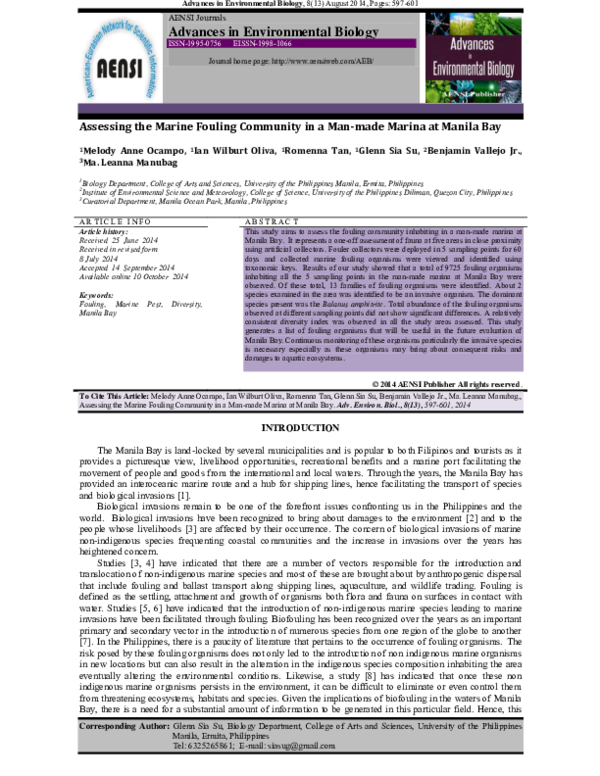Urgent Warning From Ticketmaster: Avoid Ticket Scams And Protect Yourself

Table of Contents
Identifying the Red Flags of Ticket Scams
Before you buy, be vigilant! Many red flags signal potential ticket scams. Learning to recognize these warning signs is your first line of defense against fake tickets and counterfeit tickets.
Unusually Low Prices
If a ticket price is significantly lower than the market value listed on official sites, be wary. This is a major red flag.
- Examples: Tickets for a highly anticipated concert selling for a fraction of their face value. Super Bowl tickets offered at unbelievably low prices.
- Scammers lure victims with incredibly low prices, creating a sense of urgency and a false perception of a great deal. Remember, if it seems too good to be true, it probably is.
- Use legitimate ticket price comparison sites and resources to gauge the fair market value before purchasing.
Unverified Sellers
Buying tickets from unofficial sources dramatically increases your risk of encountering ticket fraud.
- Examples of Unofficial Sources: Craigslist, Facebook Marketplace, individuals selling tickets on social media platforms (like Twitter or Instagram), and unverified online marketplaces.
- Always prioritize verified ticket marketplaces and official vendor websites like Ticketmaster. These platforms offer buyer protection and verification processes.
Pressure Tactics
Scammers often employ pressure tactics to rush you into a purchase before you can fully assess the situation.
- Examples of Pressure Tactics: "Limited-time offer," "Only a few tickets left," or "This deal expires in an hour!"
- These scare tactics are designed to bypass your critical thinking and prevent you from verifying the seller or the tickets' authenticity. Take your time. Research thoroughly.
Payment Methods
Beware of risky payment methods frequently used by scammers.
- Risky Payment Methods: Wire transfers, gift cards (especially prepaid cards), cryptocurrency, or untraceable payment apps. These methods offer minimal buyer protection.
- Safe Payment Methods: Credit cards offer the best protection. Use a credit card with a strong buyer protection policy to dispute fraudulent charges. PayPal, when used with appropriate protections, can also be relatively secure.
Safe Ticket Purchasing Practices
Protect yourself by following these safe ticket purchasing practices:
Buy from Official Sources
The safest approach is to purchase tickets directly from the venue, the official ticket vendor (like Ticketmaster), or authorized ticket resellers.
- Reputable Ticket Resale Platforms: While many exist, research thoroughly and only use platforms with strong buyer protection and verification systems. Read reviews carefully before using any reseller.
- Always check the official website of the venue or event organizer for ticket purchasing information. Direct links from these official sources are safest.
Verify the Seller
If purchasing from a reseller, verify their legitimacy before proceeding.
- Check Seller Reviews and Ratings: Look for reviews and ratings on the platform where you're buying the tickets. Look for patterns of positive or negative feedback.
- Communicate with Sellers: Ask questions about the tickets, payment methods, and delivery process. Be cautious of evasiveness or reluctance to answer.
Secure Payment Methods
Always prioritize secure payment methods to protect your financial information.
- Credit Card Protection: Use credit cards offering buyer protection. If fraudulent activity occurs, you can file a dispute with your bank.
- Report Fraudulent Transactions: Immediately report any fraudulent transactions to your credit card company.
Check Ticket Authenticity
Before the event, verify the authenticity of your tickets.
- Contact Venue/Provider: Contact the venue or the ticket provider to confirm the ticket validity. They can often check the ticket numbers against their system.
- Identify Counterfeit Tickets: Look for signs of counterfeiting such as blurry printing, mismatched barcodes, or inconsistencies in the ticket design.
What to Do if You've Been Scammed
If you suspect you've been a victim of a ticket scam:
Report the Scam
Report the scam to the appropriate authorities:
- Local Police: File a police report to document the incident.
- Federal Trade Commission (FTC): Report the scam to the FTC online at ReportFraud.ftc.gov.
Contact Your Bank/Credit Card Company
Immediately contact your bank or credit card company to dispute the fraudulent charges. Act quickly to minimize potential losses.
Monitor Your Accounts
Regularly monitor your bank and credit card accounts for any unauthorized activity. Be alert for suspicious transactions and report them immediately.
Conclusion
Avoiding ticket scams requires vigilance and responsible purchasing habits. By understanding the red flags, employing safe purchasing practices, and knowing what to do if you become a victim, you can protect yourself from ticket fraud and enjoy your event without worry. Protect yourself from ticket scams! Share this article with your friends and family to raise awareness and help prevent others from becoming victims. Remember to always prioritize safe ticket buying and avoid ticket fraud by following the advice in this article.

Featured Posts
-
 Le Depute Rn Defend Marine Le Pen Au Dessus Ou En Dessous Des Lois
May 30, 2025
Le Depute Rn Defend Marine Le Pen Au Dessus Ou En Dessous Des Lois
May 30, 2025 -
 Manila Bays Vitality Assessing Its Long Term Health
May 30, 2025
Manila Bays Vitality Assessing Its Long Term Health
May 30, 2025 -
 International Companies To Present At Virtual Investor Conference On May 15 2025
May 30, 2025
International Companies To Present At Virtual Investor Conference On May 15 2025
May 30, 2025 -
 Savvato 3 5 Ti Na Deite Stin Tileorasi
May 30, 2025
Savvato 3 5 Ti Na Deite Stin Tileorasi
May 30, 2025 -
 Jon Jones Another Warning Against Aspinall Fight Knockout Risk High
May 30, 2025
Jon Jones Another Warning Against Aspinall Fight Knockout Risk High
May 30, 2025
